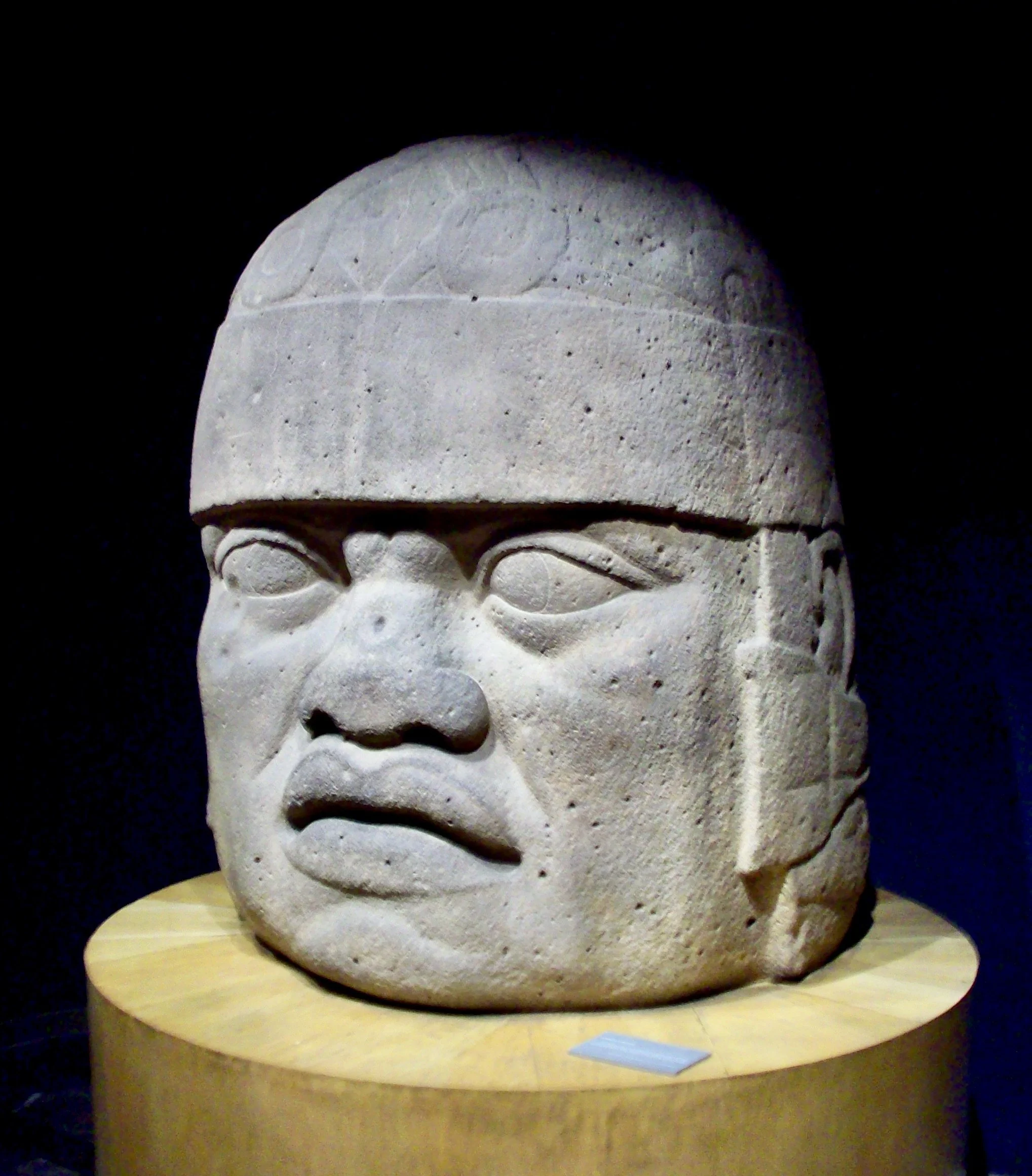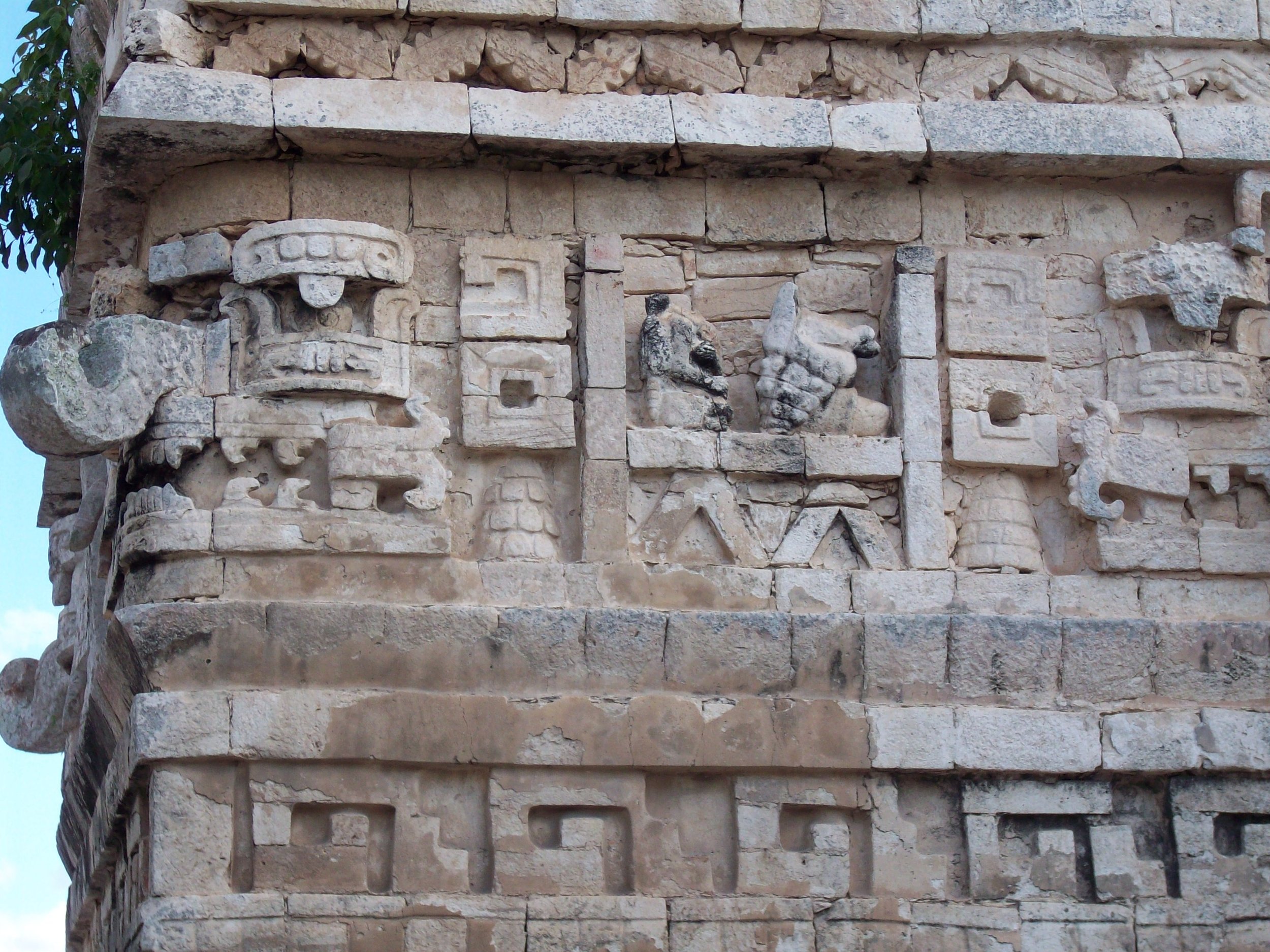Teaching
I am an interdisciplinary teacher-scholar of anthropology, Latin American and Caribbean studies, and Indigenous studies. In teaching and mentoring, I believe that engaging with diverse perspectives is the best way to elevate marginalized voices.
Students are active participants in the learning communities that I create. As an educator, my goal is to guide students toward becoming confident communicators and critical thinkers. I approach every one of my classes knowing students have something to teach me.
Courses Taught
Introduction to Archaeology: Unearthing History
Summer 2020
Ancient ruined cities are often associated with buried treasure, lost civilizations, and a forgotten past. But archaeologists look beyond a Romantic view and ask questions about why those ruins were built, and what they tell us about humankind. By learning about past cultures, what made them different and what made them similar, we gain a better understanding of human history and the state of the world today.
In this class, we will be introduced to the questions, theories, and methods of archaeology. We will learn about how archaeologists locate, record, and excavate ancient cities and monuments; how they study artifacts in the lab; and how they use the stuff they find to piece together stories about the past and test those stories against the evidence. We will learn about the diversity of ancient and modern peoples, their cultures, and the past they inhabited.
First-year Seminar: Cities, Six Millennia and Counting
Winter 2022, Winter 2023
In this first-year seminar we will develop and refine our critical thinking and writing skills. We will do so by reading and writing about a quintessential human space: the city. Today, more than half of the world's population lives in urban areas. The growth of modern cities suggests that humans thrive in urban environments. Cities, however, are a relatively recent phenomenon in history. Further, cities are not essential for human survival. Then, why do cities dominate the modern world?
Drawing broadly on scholarship in anthropology and other disciplines, we will read about the characteristics of urban life in human history, from the first experiments with urbanization 6,000 years ago to contemporary global cities.
Nationalism and Archaeology in the Americas
Winter 2022, Winter 2023
Cross-listed with Latin American and Caribbean Studies
Across the world, states use monuments and archaeological artifacts to present national narratives in museums, ancient sites, and online platforms. In the Americas, nation-states have controlled who has access to the material remains from the past while transforming buildings, historic places, monuments, and artifacts into national patrimony. In the process of creating national patrimony, nation-states often estrange Indigenous communities from their landscapes and their cultural heritage.
In this course, we will examine the role of archaeology in the creation and preservation of national identities in the Americas from the 18th century to the present. We will learn about the institutionalization of archaeology as a state-sponsored discipline, the development of archaeological sites as national monuments and tourist destinations, the display and interpretation of artifacts in museums and heritage sites, and the monopolization of tangible cultural heritage by the state.
Ancient Cities of the Americas
Spring 2022, Spring 2023, Fall 2023
Cross-listed with Latin American and Caribbean Studies
When colonial empires invaded the Americas in the 16th century, Europeans marveled at the Indigenous cities distributed across the continent. This course examines the ancient cities of the Americas: their origins, their configurations, their operations, and their representations. It considers how archaeologists define urbanism among ancient societies, and why not every human settlement qualifies as a city.
We will discuss the characteristics of ancient Indigenous cities such as Cahokia in Illinois, Tenochtitlan in Mexico, Tikal in Guatemala, and Machu Pichu in Peru, among others. This class will provide us a general understanding of the ancient civilizations of the Americas through the characteristics of their major cities.
Material Culture
Fall 2022
How do objects mediate social relationships? Can inanimate objects have a form of agency on their own? In the past few decades, archaeologists, anthropologists, art historians, philosophers, Indigenous intellectuals, among other academics, have been exploring answers to these and other questions in an emerging field known as material culture studies.
In this course, we will read and discuss some of the foundational works in the interdisciplinary endeavor to study materiality. We will learn about indigenous perspectives on materiality. This course will offer us an understanding of material culture that is more receptive to multiple voices.
The Maya
Fall 2022
Cross-listed with Native American and Indigenous Studies
What do we know today about the ancient Maya who inhabited the Yucatan Peninsula in Central America before the 16th century? In this course we will get a general understanding of ancient Maya civilization and the ways archaeologists, linguists, historians, and Indigenous communities have examined the Maya past. Through weekly readings and discussions, we will focus on material remains -including temples, carved monuments, exotic items, and farmers’ houses and tools- to learn about ancient Maya lives.
This course is an introductory-level seminar and requires no prior knowledge about the Maya history, archaeology, or the Yucatan Peninsula. By the end of the course, we will be familiar with the major developments, key players, and ongoing issues in Maya archaeology.











